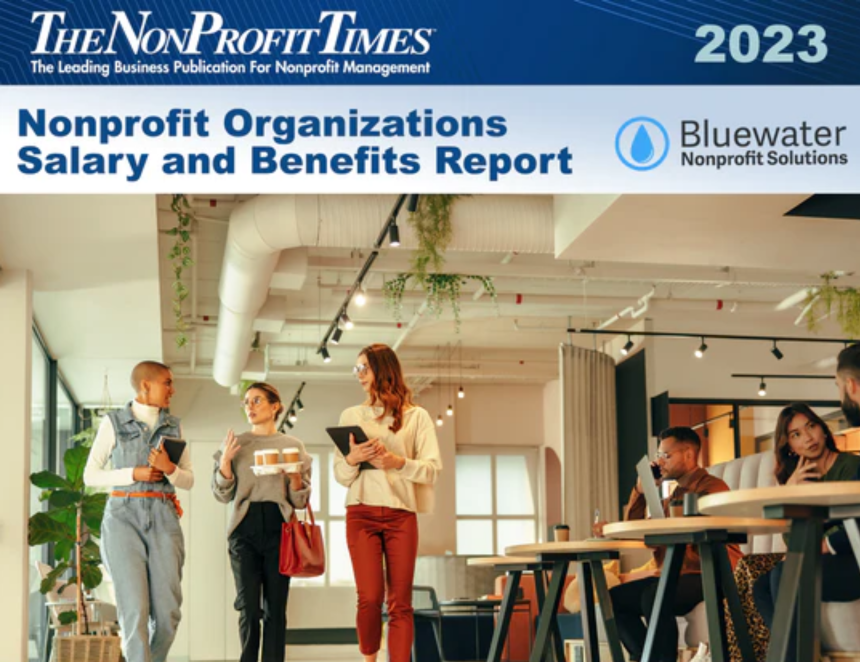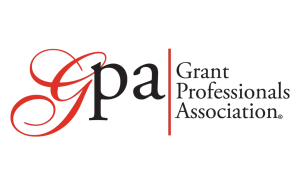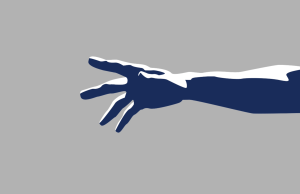One of the persistent occupational hazards in proposal development is the certainty that you’ve written the most compelling draft. You’ve become an expert in writing about your organization and its work, so naturally your proposal is the absolute best it can be.
It’s a hazard because it’s a trap, a snare, and a blind spot. Following items are just some of the ways that self-contained certainty can confound you.
You might miss jargon that doesn’t really communicate the meaning you intend. You might commit “logic leaps,” because you and your colleagues believe that “everybody knows A leads to B.” You might bore a reader with a long, windy explanation. You might forget to back up a claim with the right data.
One sure way to avoid these traps is to share your draft with someone who is unfamiliar with your organization and its claims. This kind of “dress rehearsal” for a proposal can serve as a valuable reality check before you submit.
You might ask someone from your own personal or professional circle, outside the office. Maybe you can share your draft with a friend from the community, or a colleague at another nonprofit who is not working on your issues or providing services to your constituents. “The important thing is to find an outside reader who doesn’t know anything about your work,” said Thomas Boyd, chief editorial consultant for The Grantsmanship Center in Los Angeles, California.
Here’s a brief checklist of what to ask of an unfamiliar reader:
- Do you understand the nature and scope of the problem?
- Is it clear what we intend to do to address the problem?
- Are there terms or concepts that are confusing?
- Does our organization sound like it’s capable of delivering the project or program?
- Are we asking for enough money to accomplish what we say we’re going to do?
Naturally, this extra step takes time, so you’ll want to have a draft ready for “outside review” several days before final submission. You’ll need time to incorporate suggestions and answer questions from the reader. Try to avoid the last-minute “This is due tomorrow. Can you look it over” request. That’s perhaps an appropriate request for catching typos but not for making substantive improvements in your draft.
If your proposal communicates clearly and persuasively to a reader who’s unfamiliar with your organization, chances are it will fare better with foundation reviewers. There are no guarantees in proposal writing but this step gets you one step closer to success. © Copyright 2023 The Grantsmanship Center








